Leadership Conversations Podcast: Decision making with Thorsten Heilig
Big Announcement: We are excited to share that we are launching our very first episode of our podcast ‘Leadership Conversations.’ This podcast features national leaders who share their personal stories and views on leadership. Host is our CEO Oliver Brümmer and his first guest is Thorsten Heilig, CO-Founder & CEO of Paretos.
Paretos is a decision intelligence platform that utilizes AI technology to provide support for companies, enabling them to make more optimal decisions. The platform focuses on forecasting, which is crucial for making informed decisions in the face of uncertainty. Paretos also provides recommendations for various industries, including logistics, retail, and manufacturing.
Thorsten Heilig has experience with decision-making in start-up and corporate environments and recognizes the advantages and disadvantages of each. He believes that it is important for both sides to learn from each other, despite the tendency for each to ridicule the other. He encountered his first major surprise in terms of decision-making when he transitioned from a small company to its corporate subsidiary. He assumed that decision-making in large companies with managers, large teams, and large budgets is more rational and data-driven. However, after working in consulting and observing many managers in other companies, he realized that the gap between technology and decision-making is often much larger than expected. This insight was one of the reasons why he and Fabian Rang founded Paretos.

I have noticed a significant gap that must be bridged, which can be extremely valuable, even indispensable. Dealing with this topic is not only a competitive advantage but also existentially important. When I refer to decisions, I am not only talking about strategic one-off decisions such as where to build my new company or which country to expand into, but also the day-to-day operational decisions that we make. A company makes thousands of decisions, not just the one decision-maker who decides everything. It is important to recognize that not adapting a plan is also a decision. Often, we make decisions every day without even realizing it. For example, if a company decides which products to stock and where, and adjusts this twice a year, then they choose not to make any adjustments on a daily basis. When considering decision-making in companies, there often exists a significant gap between technology and its ability to support optimal decisions. Rather than labeling decisions as right or wrong, its more appropriate to consider them as better or worse.
We will always face uncertainties, so the question is how we can better support decision-making. There are two main reasons why this is challenging: language and complexity. For instance, if I am a decision-making manager or operator and I am working with a data science team that has built a model, communication can be difficult due to differences in language and jargon. Complexity has a significant impact on our actions and solution strategies in our dynamic world, according to systems theory. To be specific: the data science team built a prototype that predicts the number of black sweaters that will be sold in the next four months. However, the operations manager found that it did not work well just before Black Friday and rejects it although it was just a prototype. So these are the two main issues. Our goal was to build a precise platform and product, which is ultimately a metamodel for decision-making.
Our motivation from the start was to create a product with an intuitive interface that seamlessly integrates into business processes. This means that language is no longer a barrier. The product automates use cases, trains and adapts models accordingly, and provides forecasts to better manage the business. Regarding complexity, the product is no longer a prototype but a finished product offered as a service, which is automatically adjusted to the user’s needs. This allows for detailed analysis and predictions with twice the predictive quality. Additionally, waste reduction is a key factor. In the past, uncertainties filled warehouses, but now they are full and a significant amount of capital is tied up. Having a reliable forecast and the ability to make recommendations based on optimized processes is beneficial. For instance, determining which products to stock in specific locations.
Question: Now that we have access to more technologies, data, and better models, does this simplify the decision-making process and enable leaders to make better decisions with the support they receive?
Experts understand the concept well, but rely heavily on manual effort. It is important to strike a balance between human expertise and technological capabilities. Humans are not bad at seeing complexity. They may not be as adeptat recognizing patterns as neural networks but they excel at strategy, problem-solving, and system integration. Technology is better suited for quickly adapting to changing patterns. However, the motivation to use technology in this way is high.

In the first episode of ‘Leadership Conversations,’ Thorsten Heilig shares many insights about decision-making, his view of his team as a sports team rather than a family, and what a balanced life means to him.
Relax, enjoy the podcast, and gain some valuable insights. The german podcast is now available on Spotify, Apple Podcasts, and YouTube.


